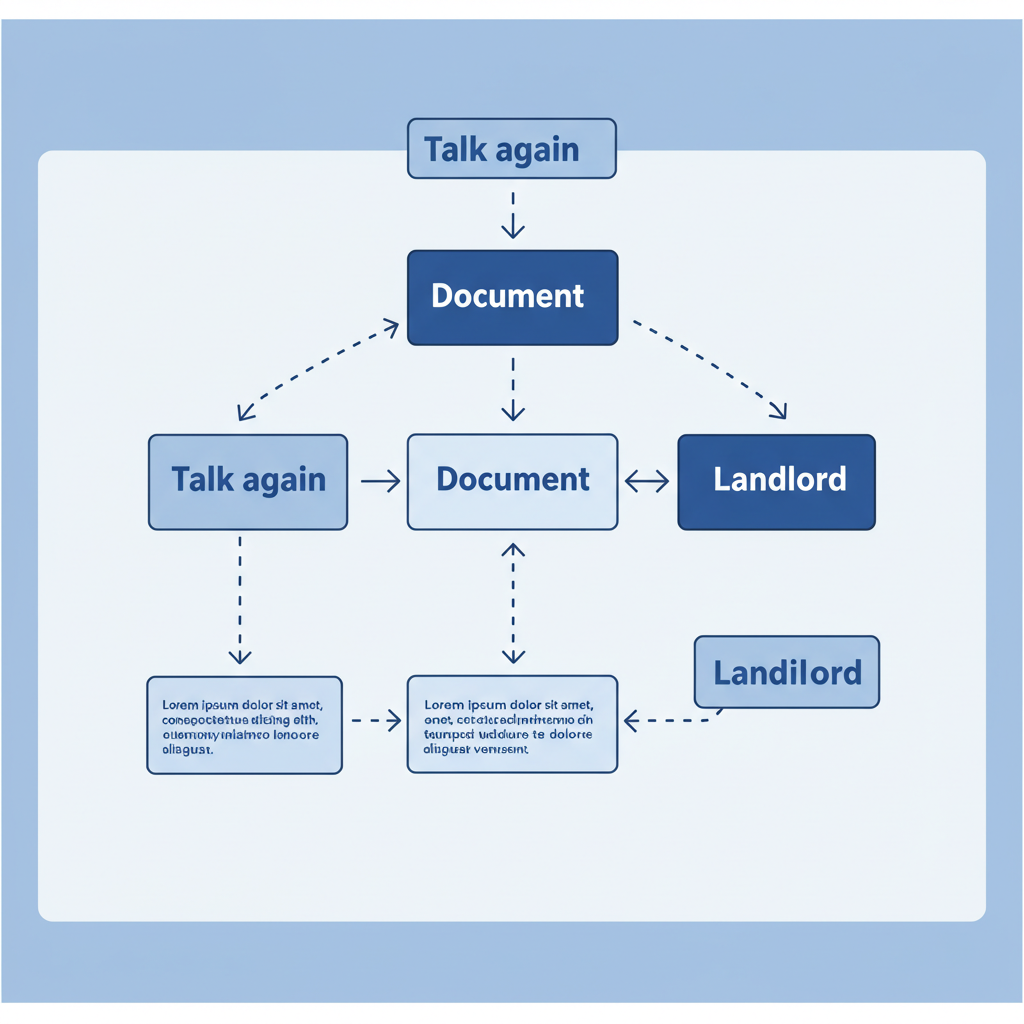AITAH for Refusing to Let My Roommate’s Girlfriend Move In With Us?
Living with a roommate can be a balancing act. When it works, it’s great—shared bills, shared responsibilities, and sometimes even friendship. But what happens when that balance is thrown off by someone new entering the equation—someone who wasn’t part of the original deal?
That’s the situation in this AITAH scenario, where one roommate draws the line when the other tries to blur it. Let’s dive into the drama.
The Backstory: A Peaceful Living Arrangement

The original poster (we’ll call him Ray), a 26-year-old software engineer, shares a two-bedroom apartment with his college friend, Max. They’ve been roommates for two years, and things have been mostly smooth. They split rent, alternate chores, and give each other space.
Recently, however, Max started dating someone new—Emily. She’s been around a lot. At first, it was occasional visits and weekend sleepovers, but slowly, Ray noticed a shift. Emily started spending several nights a week at their apartment. Then her toiletries appeared in the bathroom. Then her clothes filled a drawer. Then she started cooking in the kitchen when Max wasn’t even home.
Ray felt a conversation was overdue.
Drawing the Line: “She Can’t Move In”

Ray sat Max down and politely expressed his concerns. He explained that Emily practically living with them was affecting his privacy and the dynamics of their shared space. He added that their lease only allowed two occupants—and he wasn’t comfortable with a third person living there rent-free, especially someone he never agreed to live with.
Max didn’t take it well.
He insisted Emily wasn’t “technically” living there and claimed Ray was being overly sensitive. He added that he can’t control how much time his girlfriend wants to spend with him and that Ray should “just deal with it.”
Ray made it clear: if Emily continues spending most of her time at the apartment or tries to officially move in, he’ll involve the landlord or consider not renewing the lease.
Max stormed out.
Ray turned to Reddit’s r/AITAH to ask: Am I the villain for refusing to let my roommate’s girlfriend move in with us?
The Internet Responds: Not the Villain

Thousands of users responded—and the consensus was clear: Ray is not the villain here.
Why Ray Is in the Right
-
Boundaries Matter: Ray and Max agreed to live as a duo. Introducing a third person without consent is a major violation of that agreement.
-
Financial Fairness: If Emily is living there, she should contribute to rent, utilities, and shared responsibilities. Ray shouldn’t be subsidizing her lifestyle.
-
Legal Concerns: Most leases have occupancy clauses. Letting someone move in unofficially can put both tenants at risk of eviction or lease violations.
One user wrote:
“If Max wants to live with his girlfriend, he should get a place with her—not force her into your home without your agreement.”
The Grey Area: How Much Is Too Much?
Some commenters acknowledged that relationships naturally involve spending time at each other’s places. So when does visiting become cohabiting?
The general rule of thumb: if someone is there more than 3–4 nights a week, keeps belongings on-site, uses the utilities, and eats the food—it’s effectively cohabitation, even if they don’t pay rent.
And if all of that happens without everyone’s agreement, it’s a breach of trust.
Roommate Etiquette 101

Ray’s story isn’t uncommon. Many people end up in similar situations—where one roommate treats a shared apartment like a couple’s condo, leaving the other to feel like an intruder in their own home.
Here are some best practices to avoid this:
-
Set Clear Expectations Early: Discuss overnight guest policies and limits when you first sign a lease.
-
Create a Roommate Agreement: This doesn’t have to be legalese—just a written outline of shared expectations.
-
Check Your Lease: Many leases restrict long-term guests or additional occupants. Know your rights.
-
Have Regular Check-ins: Living arrangements should be renegotiated as circumstances change.
What Ray Could Do Next

-
Have One More Calm Conversation: Before escalating to the landlord, Ray could try one final, level-headed talk with Max. Sometimes people respond better with time and space.
-
Document the Situation: If Emily continues staying over frequently, Ray should document it (dates, frequency, photos of belongings) in case he needs proof.
-
Talk to the Landlord: If Max refuses to compromise, involving the landlord may be the only way to uphold the lease terms.
-
Plan an Exit Strategy: If the trust is broken and the tension rises, Ray might consider moving out at the end of the lease to find a more compatible living situation.
The Final Verdict: Boundaries Aren’t Selfish

AITAH? No. Ray isn’t trying to control Max’s relationship. He’s just trying to maintain the living conditions they both agreed to.
It’s not selfish to want privacy. It’s not unreasonable to expect your roommate to honor the terms of your shared lease. And it’s definitely not wrong to say “no” to living with someone you didn’t choose.



